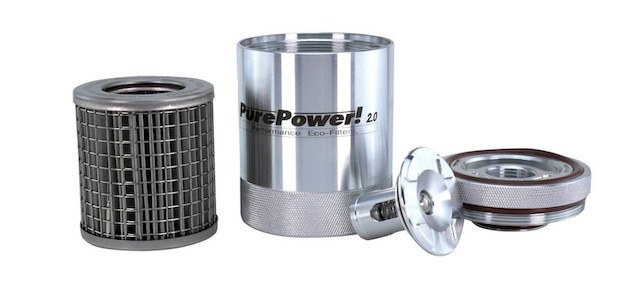Maintaining your vehicle's health is crucial, and oil changes play a significant role in that. Neglecting regular oil changes can lead to severe engine damage that's often irreversible. However, these routine maintenance tasks can pile up in terms of expenses. Fortunately, there are various strategies to reduce the cost of oil changes. Below are some effective ways to save money on oil changes:
1. Take Advantage of Oil Change Discounts

One of the simplest ways to lower your oil change expenses is by capitalizing on special offers. Many dealerships, local garages, and quick-service oil change centers occasionally provide discounts. Some even host "happy hour" events where you can enjoy reduced rates. Here are some practical tips to uncover these deals:
- Search for coupons in local newspapers or online platforms
- Check websites like Groupon for current promotions
- Call multiple locations to compare prices and inquire about ongoing deals
- Follow service providers on social media for real-time updates
- Sign up for their newsletters to stay informed about exclusive offers
It's important to note that dealership services tend to be pricier compared to independent repair shops. If your dealership isn't offering a competitive deal, consider looking elsewhere for potentially better pricing. Just ensure that the chosen facility has a solid reputation for quality work. Reading customer reviews can help you gauge reliability. Alternatively, you might opt to perform the oil change yourself to save even more.
2. Perform Oil Changes Yourself

If you're comfortable with basic mechanical tasks and want to avoid labor charges, performing oil changes yourself is a viable option. While it requires some effort, it's a straightforward process. You'll need the following tools and materials:
- New oil filter (if applicable)
- Oil filter wrench (for disposable filters)
- New motor oil compatible with your vehicle
- Socket wrench and ratchet set
- Oil catch pan
- Microfiber cloths
- Brake cleaner or similar solvent for cleanup
- Kitty litter for spills
Remember to dispose of used oil responsibly. Dumping spent motor oil—or any automotive fluid—on the ground, down storm drains, or into septic systems is illegal and environmentally hazardous. Additionally, sending used oil to landfills is prohibited. Instead, take your old oil to a certified recycling center. Stores selling motor oil are legally obligated to accept used oil for recycling. Make sure to follow their specific instructions for packaging your waste oil securely. For guidance on proper disposal methods, check out this informative guide on recycling motor oil.
3. Invest in a Reusable Oil Filter

Reusable oil filters have become increasingly popular due to their durability and cost-effectiveness. These filters are crafted from robust materials designed to last the entire lifespan of your vehicle. Although they require a higher initial investment, reusable filters ultimately save you money by eliminating the need for frequent replacements. On the flip side, disposable oil filters seem budget-friendly initially but can cause long-term problems such as increased wear and tear on your engine. Learn more about why reusable oil filters represent a smarter financial decision compared to disposables through this insightful article.
PurePower! stands out as a premier brand for reusable oil filters. Their products deliver exceptional performance and longevity. Discover what makes PurePower! filters stand out among competitors here.
4. Consider Using Synthetic Oil

Synthetic oil commands a premium price compared to traditional mineral oils. Nevertheless, its benefits far outweigh the additional cost. For instance:
- Synthetic oil exhibits superior longevity, reducing the frequency of oil changes. Typically, you can go through three conventional oil changes for every single synthetic oil change.
- It provides enhanced protection for your engine by minimizing deposits in critical components like spark plugs. Fewer deposits mean fewer repairs, translating into substantial savings over time.
Choosing synthetic oil exemplifies spending more upfront but reaping greater rewards later on. By implementing these strategies, you can significantly reduce the financial burden associated with regular oil maintenance while ensuring optimal performance and longevity for your vehicle.
Vanadium Carbide,Vanadium Carbide Powder,High Purity Vanadium Carbide Powder,High Purity Ultrafine Vanadium Carbide
zhuzhou haokun hard materials CO.,LTD , https://www.hkmetalpowder.com
